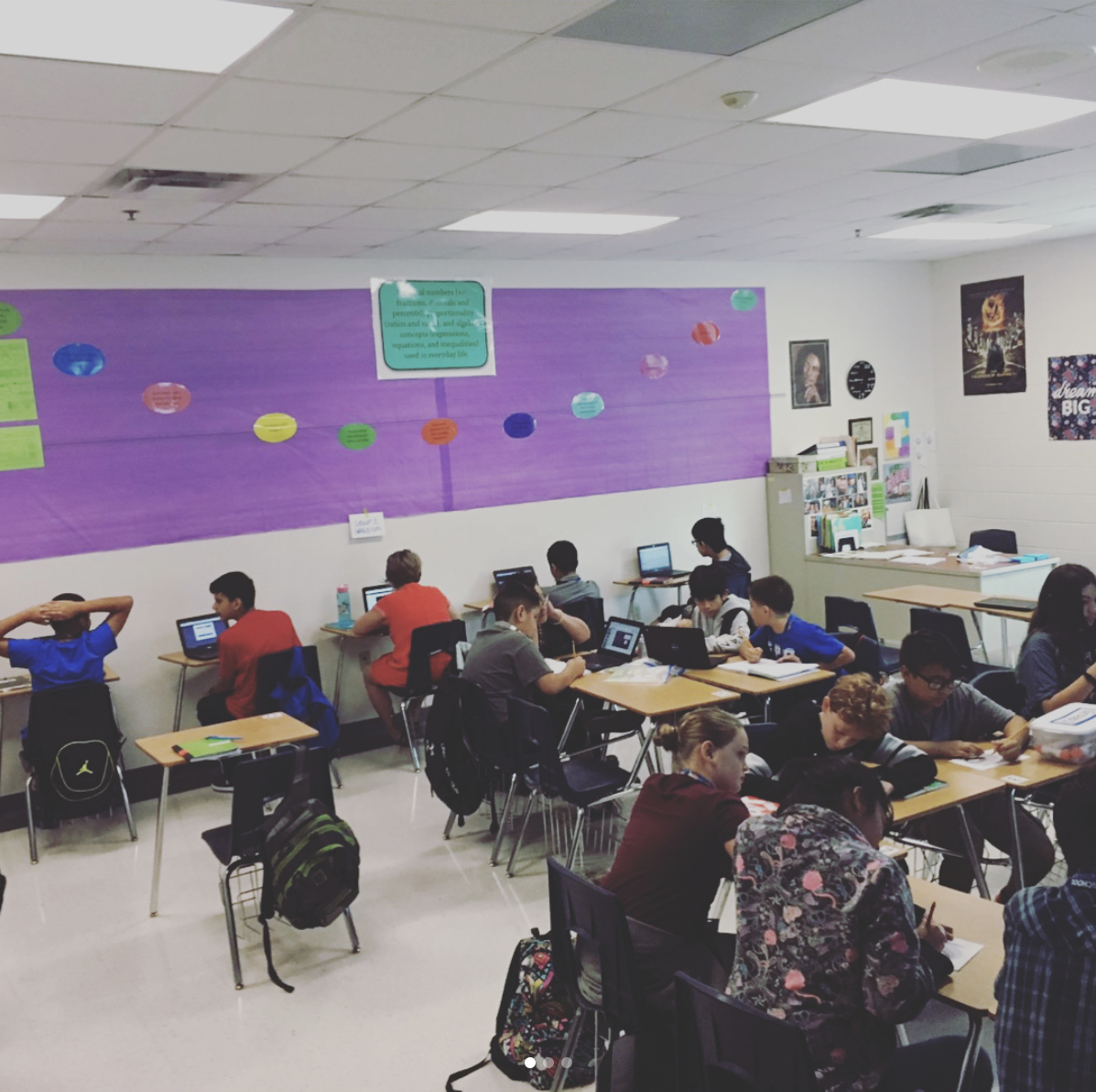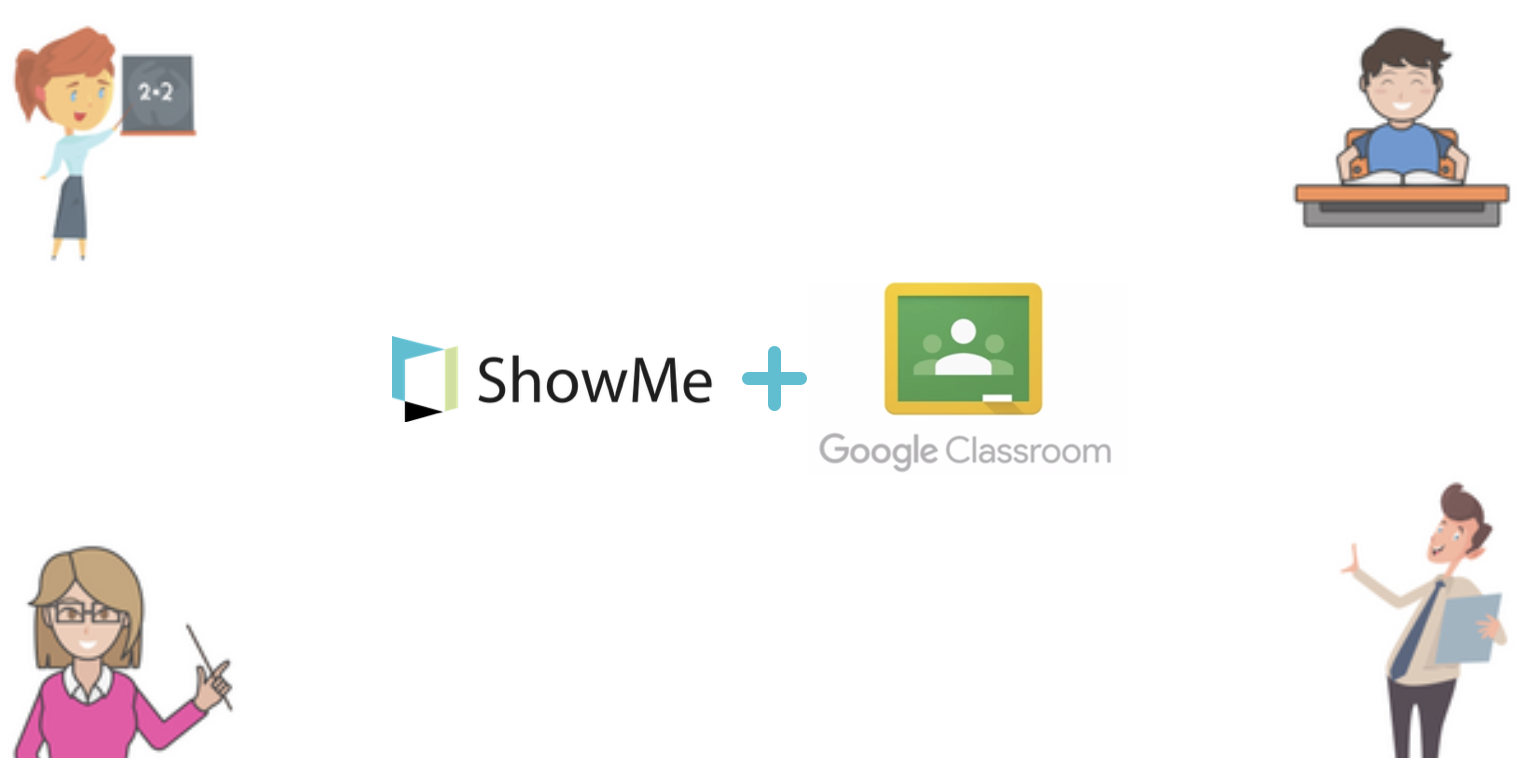The Future of Education
I’m pretty sure I’ve written a post about this before, it’s something lots of people are thinking about: What is the future of education? When will change start to happen? Well, I’ve got news for you. It’s started. Yes, it’s true!
On Monday I attended a Meetup titled “The Future of Education“. The event turned into a larger discussion about the current education system: what is working and what needs to change. Pretty much everyone agreed technology is not the only answer but that schools should be focused on more hybrid learning opportunities, online and offline. There was also a large focus of the talk about how schools are not preparing students with the adequate skills to be successful once they graduate. We all thought about what could make school more real-life and reflective of what skills students actually need to know . At the end of the night, many people sat at the table wondering if it teachers and students even thought this change could be possible. Is the education world yearning for a shift in values? My answer, based on many conversations with teachers, was decidedly “Yes!”
The following night, I attended another interesting event hosted by YouPD about Competency Based Learning and Assessments. The room was dominated by teachers who are all looking for ways to shift discussions away from letter grades and test prep towards valuable insight on skills that students need to be successful. At the beginning of the evening the presenter, Leah McConaughey from iZone 360, proposed the question: what does a 66% average in testing and a 66% in effort communicate to a struggling student? Everyone in the room agreed that, without knowing the student, the two messages for the student would be “Study harder for your tests and try harder.” However, we all agreed that those two things had nothing to do with real life.
So, how do we make schools more like real life? The big word here is transferring. Transferring is the activity of taking a skill or knowledge that has been acquired and applying it to something completely new and unknown. Its what people do every day at work or in their daily lives. When a problem occurs, you think about how to solve it: What are similarities to issues that have come up before? What knowledge is needed to solve the problem? How much time will this take? Who can help me? In most schools transferring only happens at the end of a unit with one single project and takes up a large percentage of a grade. However everyone agreed to make schools more real life, that transferring should actually be happening everyday.
We should be providing students copious amounts of opportunities to apply their skills, challenge themselves, collaborate with each other and engage with their education. Many teachers in the room are already using this method to successful results! The discussion solidified for me that the future is already here and change is happening!




